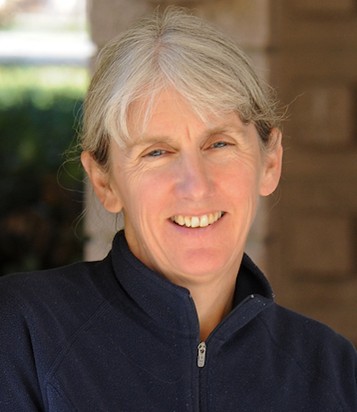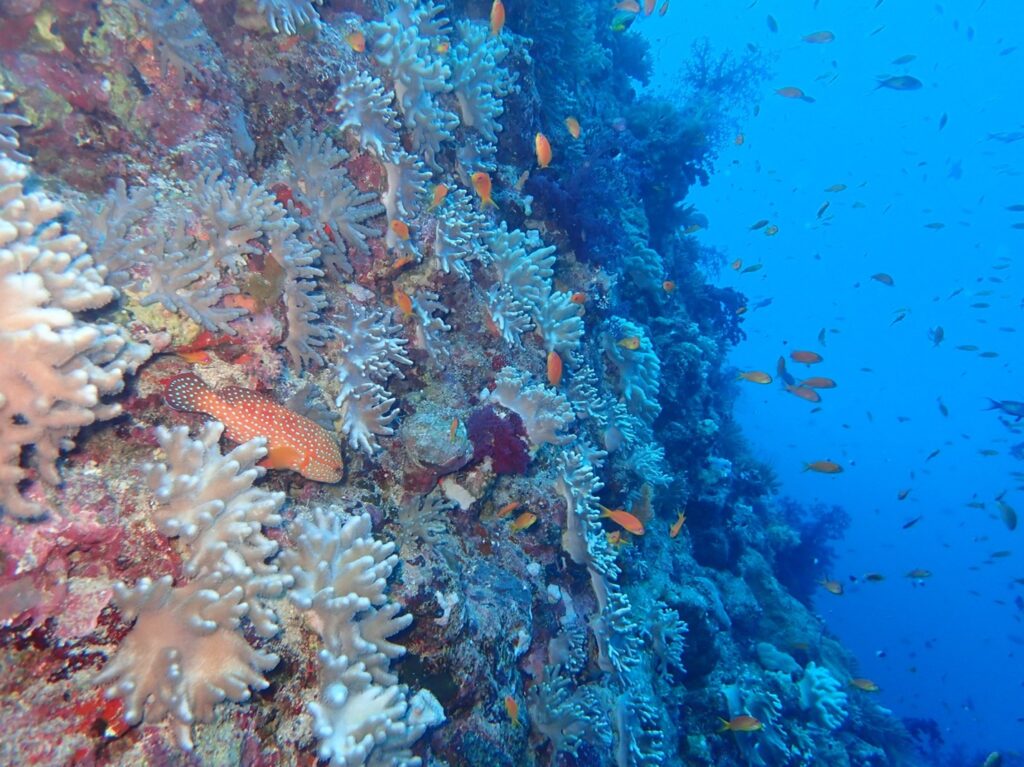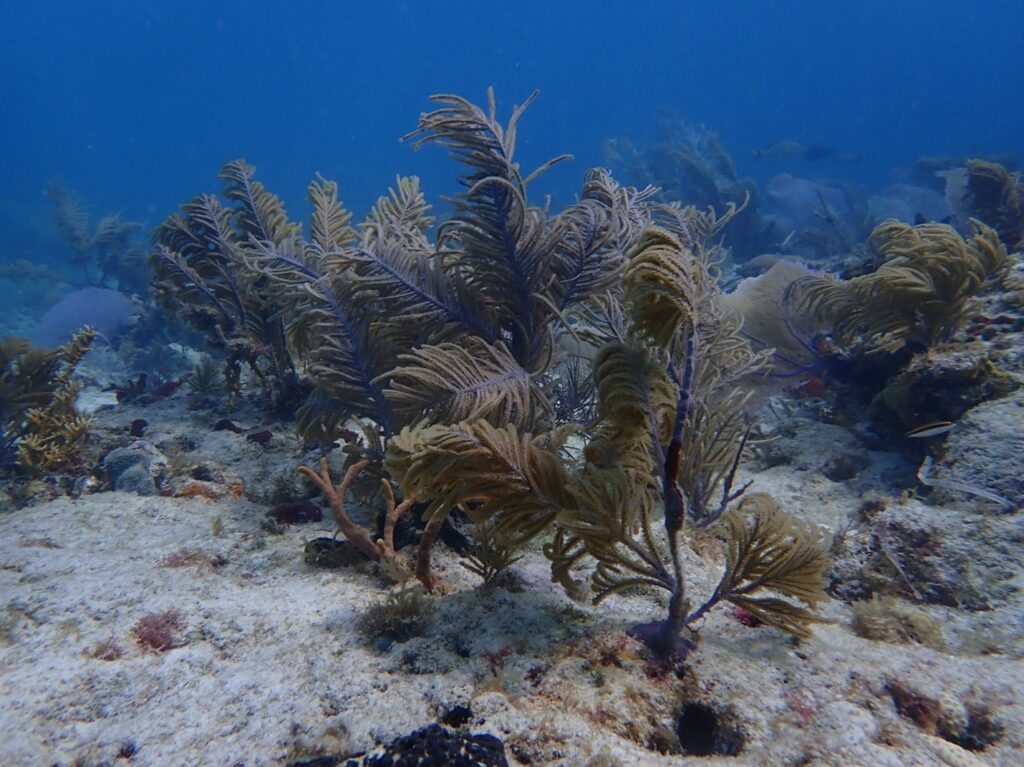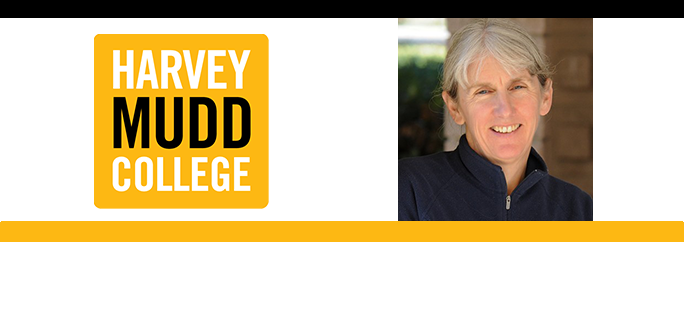 On Harvey Mudd College Week: Coral reefs are at risk, but other types of coral may flourish in the future.
On Harvey Mudd College Week: Coral reefs are at risk, but other types of coral may flourish in the future.
Catherine McFadden, Vivian & D. Kenneth Baker professor of life sciences, dives in to take a look.
Catherine S. McFadden has been a faculty member at Harvey Mudd College in Claremont, California since 1991, where she holds the position of Vivian and D. Kenneth Baker Professor of Biology. She is also a Research Associate at the Smithsonian Institution National Museum of Natural History. Her research interests lie in the patterns of distribution and mechanisms that generate biodiversity in the marine environment, with a specific focus on the anthozoan corals, especially octocorals (soft corals and sea fans). Her research group develops and uses molecular and genomic approaches to understand species boundary problems as well as deep phylogenetic relationships and trait evolution in octocorals.
Coral Communities of the Future
Corals and the huge reef structures they construct are threatened by rapidly warming ocean temperatures. Several scientific studies have predicted that reef-building corals may be extinct by the end of the 21st century. As so-called “rainforests of the sea” coral reefs support millions of other species whose existence will also be threatened by loss of the corals that provide their habitat.
But not all corals build reefs, and as reef-building corals decline we are witnessing increases in populations of other types of corals that may survive better under current and future climate scenarios. My research focuses on understanding these other types of corals, commonly referred to as soft corals or sea fans. These non reef-building corals generate a different type of habitat but one that nonetheless supports many other species. Will they be the coral communities of the near future?
In order to answer that question we need to understand much more about these other corals which have historically been understudied relative to their reef-building counterparts. We still lack very basic information about them including how many species there are, where those species live, and how to distinguish them from one another. That basic knowledge is necessary in order to track which species seem to be benefitting from environmental change and which others are suffering and declining along with the reef-building corals.
My research lab has developed DNA-based tools that are allowing us to better identify, distinguish and monitor species of soft corals and sea fans as they increase or decrease in response to changes in the environment. We are applying these tools to study soft coral-dominated reefs in the Indo-Pacific, sea fan-dominated communities in the Caribbean, and to track the spread and ecological impacts of non-native species of soft corals that have been introduced to reefs in the Caribbean and elsewhere.



